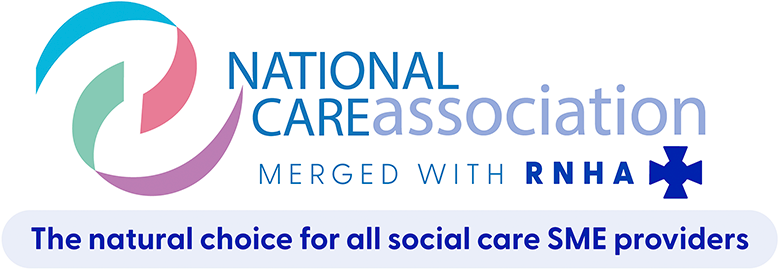DBS
Code of Practice
Information released on DBS certificates can be extremely sensitive and personal. Therefore, organisations using the DBS checking service must comply with the code of practice. The code is there to ensure organisations are aware of their obligations and that the information released will be used fairly. The code also ensures that sensitive, personal information disclosed by the DBS, is handled and stored appropriately and is kept for only as long as necessary.
DBS Privacy PoliciesA collection of the Disclosure and Barring Service's (DBS) Privacy Policies in compliance with the General Data Protection Regulation (GDPR). Online DBS ContractRegistering to use National Care Association as an umbrella body for the DBS is free to members. Simply return the completed registration form.The Care Provider will have a Policy Statement on the Secure Storage, Handling, Use, Retention and Disposal of Disclosure Information. The Care Provider will comply with the Code of Practice for Registered Persons and other recipients of DBS Information.












